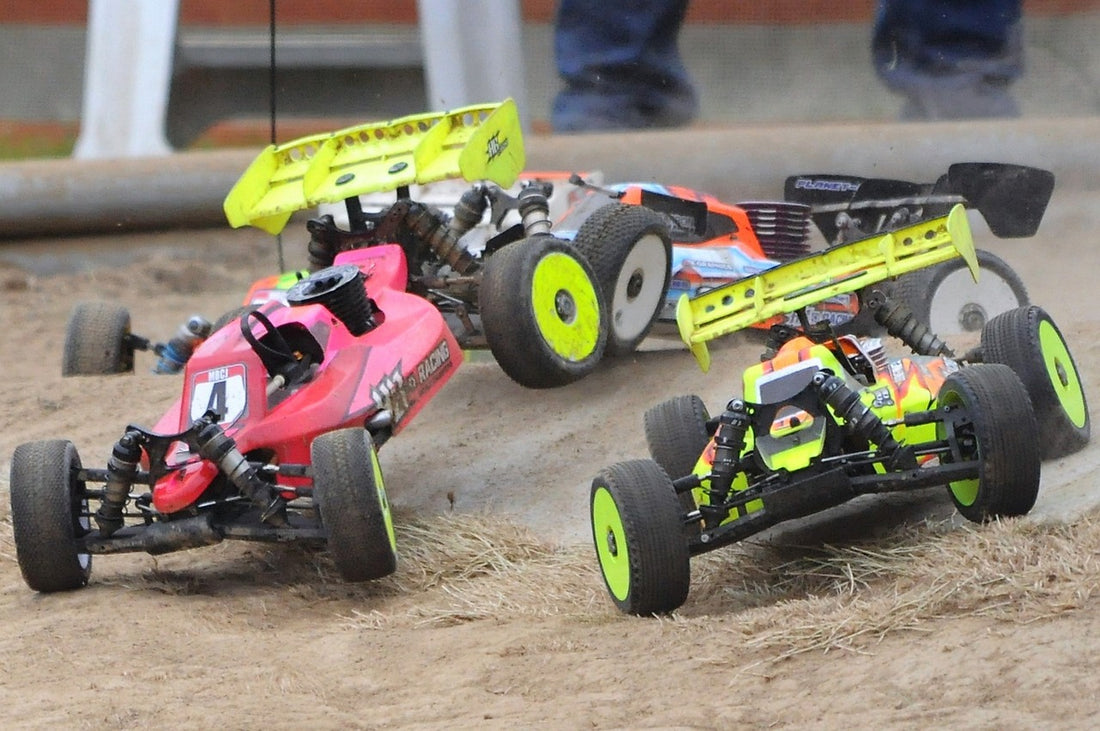
The Exciting World of Radio-Controlled (RC) Racing: For Beginners
Share
Introduction:
Radio-controlled (RC) racing has become an exhilarating hobby and competitive sport enjoyed by enthusiasts worldwide. With its roots tracing back to the late 1960s, RC racing has evolved into a captivating spectacle that attracts both seasoned racers and newcomers alike. In this article, we will explore the history of RC racing, major events, governing bodies, and the mechanics of races to help beginners gain insight into this thrilling sport.
History:
The origins of RC racing can be traced back to the late 1960s when Japanese hobbyists began experimenting with remote-controlled cars. As technology advanced, so did the popularity of RC vehicles, leading to the formation of local clubs and competitions. The first organized RC racing event took place in California in 1972, marking the birth of this exciting sport.
Major Events:
- RC racing events range from regional competitions to national championships, catering to various classes and disciplines. Some notable events include:
- Reedy International Race of Champions (RIRC) – An annual event held in the United States that brings together some of the world's best RC racers.
- European Off-Road Championship (EORC) – A prestigious racing series featuring various classes and disciplines, attracting racers from across Europe.
- Asia-Pacific R/C Car Racing Association (APRCA) – An organization promoting RC racing in the Asia-Pacific region with events catering to both on-road and off-road classes.
- World Championship of Radio Controlled Cars (WRC) – The pinnacle event in RC racing, featuring the world's best racers competing for the coveted title.
Governing Bodies:
Several organizations govern RC racing at regional and international levels, ensuring fair competition, safety standards, and rule enforcement. Some prominent governing bodies include:
- Reedy International Race of Champions (RIRC) – A governing body for RC racing in the United States.
- Radio Controlled Car Racing Association (RCCRA) – The national governing body for RC racing in Australia.
- Remotely Operated Auto Racers (ROAR) – National non-profit corporation organized to promote the sport of radio-controlled model car racing.
How Races are Performed:
RC races typically consist of multiple rounds or heats, with the goal being to accumulate the lowest aggregate time over all heats. Each heat lasts between 3-5 minutes, allowing racers to make adjustments and adapt strategies as needed. The final round, referred to as the "main," determines the race winners based on their fastest times across multiple heats.
Conclusion:
Radio-controlled racing has evolved into an exciting, competitive sport that offers a unique blend of technology, skill, and strategy. With a rich history, numerous events, and governing bodies to promote fair competition, RC racing continues to captivate enthusiasts around the globe. Whether you are a seasoned racer or a beginner looking for a new hobby, the world of RC racing offers endless opportunities for thrilling experiences and unforgettable memories. Happy racing!